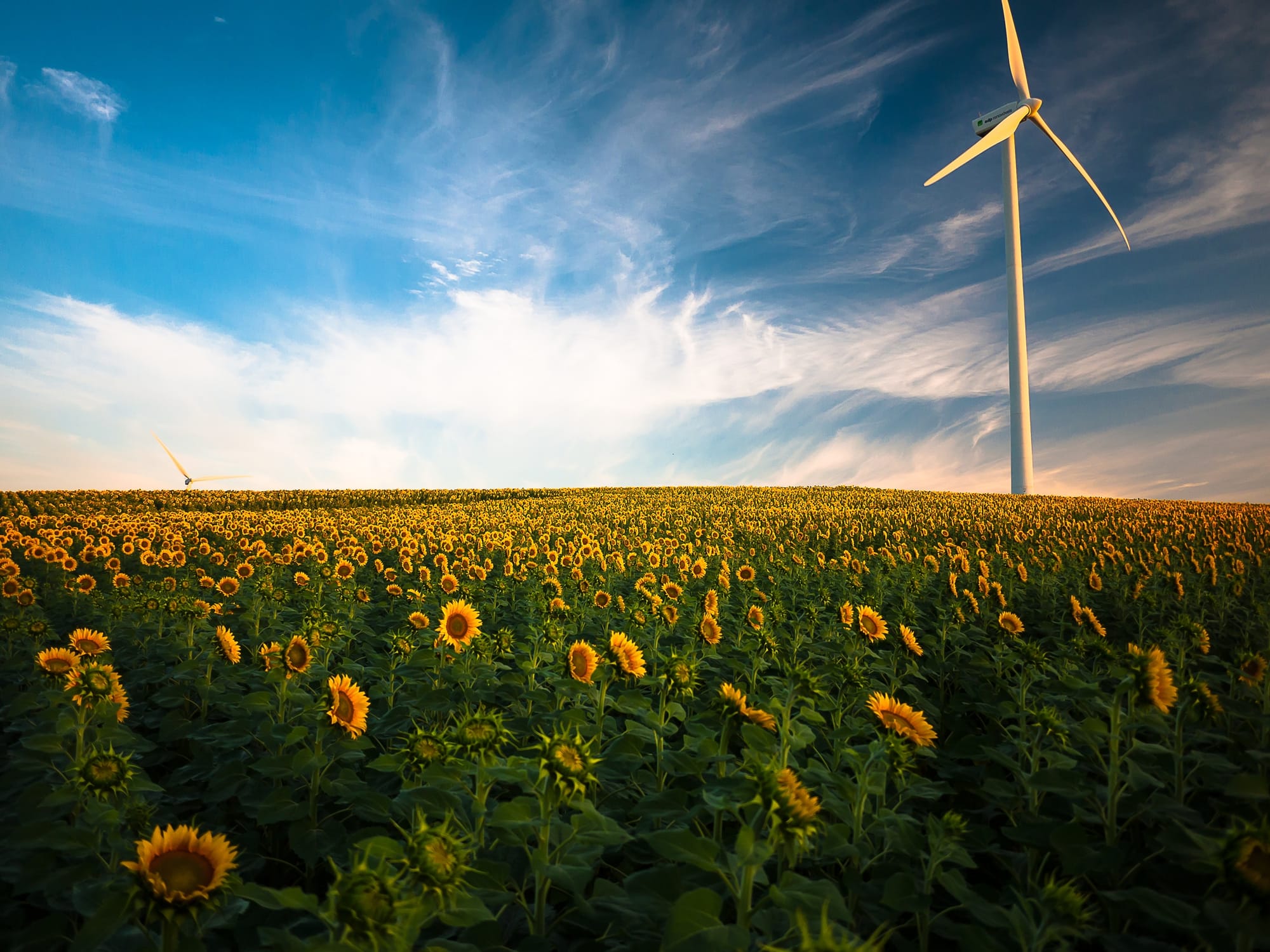Energy & Climate Change

Africa’s population is increasing sharply, and a recent projection indicates that Africa will be home to 2.5 billion people by 2050. Regrettably, an energy gap will continue to exist because most rural African populations rely on firewood as the main energy source. The rapidly increasing urban population lacks access to clean energy and electricity which impacts significantly many drivers of livelihood like education, health, democracy etc. Currently, power consumption per capita in sub-Saharan Africa is the lowest globally, at just 370 kilowatt-hours (kWh) annually. Closing this energy and infrastructure gap matters greatly for the continent’s economic development, the quality of life of its people, and growth. Thus, we undertake rigorous research to inform the direction of Uganda and the continent in their policies and adaptation. We mainly focused on three thematic areas: energy poverty, energy transition, and climate change mitigation.
Our main focus is to address energy poverty and environmental justice for the rural poor in Uganda and across Africa by undertaking research and aligning policies that ensure that the populace is progressive. Addressing energy poverty is critical in attaining sustainable development goal 7, emphasizing access to affordable, reliable, sustainable, and modern energy.
Energy transition, supporting the continent in managing its energy transition, is critical in managing the impact of climate change. Africa currently has a huge energy demand and is at a different stage of development and industrialization. Our interest is vested in ensuring that Africa sustainably achieves energy security aligned with the African Union agenda. We undertake research across the continent to help governments achieve efficient and effective energy transitions without compromising their growth potential.



